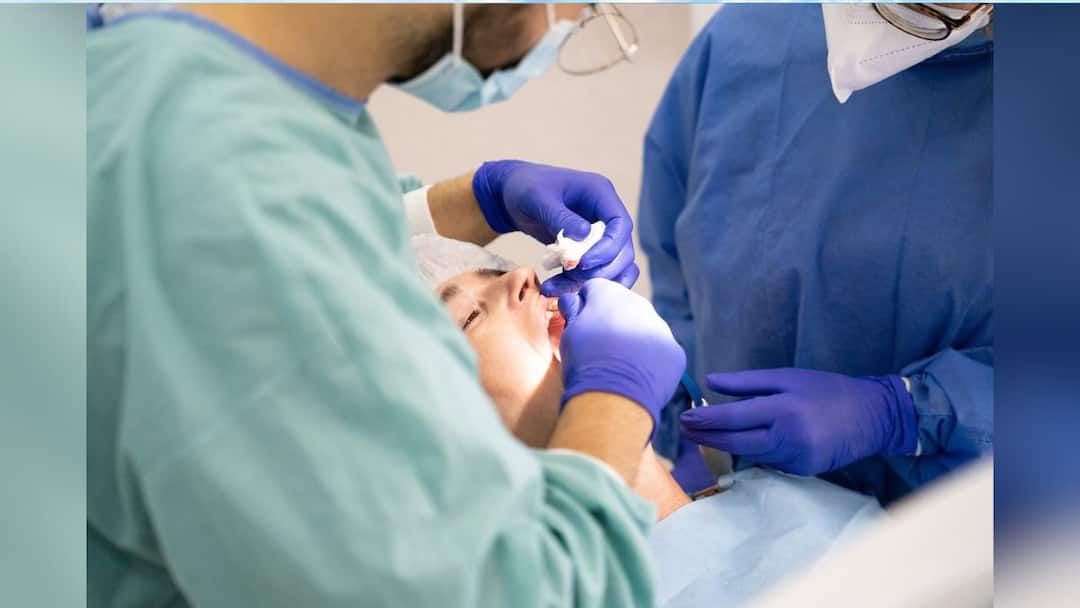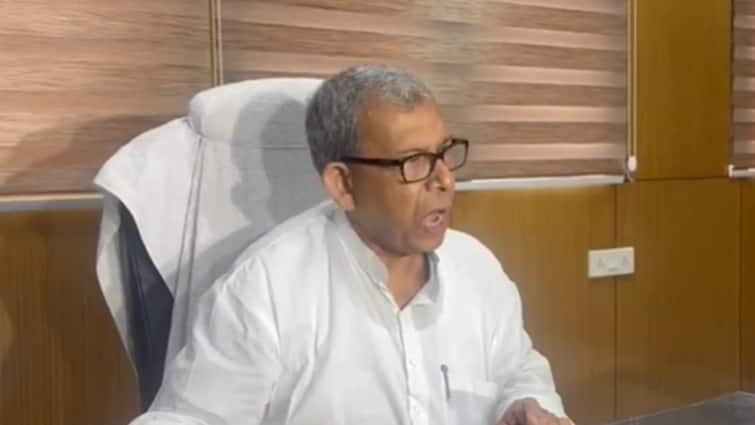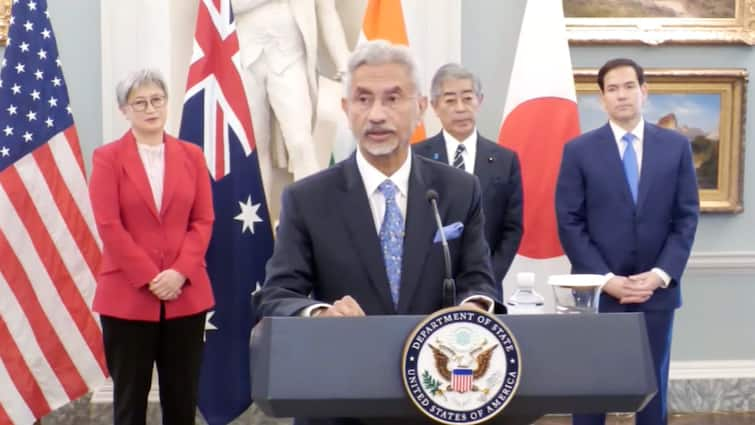
When discussing cancer, many immediately think of malignancies affecting the blood, stomach, liver, skin, pancreas, or prostate, etc. However, head and neck cancers, encompassing malignancies of the oral cavity, pharynx, larynx, nasal cavity, and salivary glands, are a significant health concern worldwide.
An October 2024 study from the International Agency for Research on Cancer (IARC) and partners evaluated the global burden of oral cancer linked to smokeless tobacco and areca nut (also called betel nut) use, and found that India has the largest number of such cases in South Asia. India accounted for 83,400 of the 120,200 cases globally in 2022, said the study, published in The Lancet Oncology.
Despite their frequency, head and neck cancers often evade early detection, presenting silently until they reach advanced stages. To shed light on this pressing health issue, ABP Live spoke with Dr Shikhar Sawhney, senior consultant for head and neck surgery at Amrita Hospital, Faridabad, who offered insight into early detection, prevention, and treatment strategies.
Early Red Flags & More
ABP: What are the most prevalent head and neck cancers in India?
Dr Shikhar Sawhney: In India, the most common head and neck cancers include oral cancer, laryngeal cancer, pharyngeal cancer, and thyroid cancer. Among these, oral cancer is particularly prevalent due to high rates of tobacco chewing, betel quid consumption, and smoking. Thyroid cancer is more common in women than men, often due to hormonal influences and iodine deficiency. Additionally, nasopharyngeal cancers are seen in specific parts of the country.
ABP: Can dental trauma (such as injury to the gums, skull bones, or nerves) increase the risk of oral cancer?
Dr Shikhar Sawhney: Yes, dental trauma can cause oral cancer. Chronic irritation from sharp teeth, ill-fitting dentures, or frequent injuries can lead to cellular changes in the oral mucosa, potentially increasing the risk of malignant transformation. Persistent non-healing ulcers or abnormal growths in the mouth should always be examined by a specialist.
ABP: What are the early signs and symptoms of head and neck cancers?
Dr Shikhar Sawhney: Early red-flag symptoms to watch out for include:
- Persistent non-healing mouth ulcers (lasting more than 2-3 weeks)
- Unexplained hoarseness or voice changes
- Difficulty swallowing (dysphagia) or a persistent sore throat
- Lump or swelling in the neck
- Ear pain or hearing loss without infection
- White or red patches in the mouth
- Frequent nosebleeds or nasal blockages on one side
Early detection is crucial for successful treatment, so any persistent symptoms should be evaluated promptly.
ABP: Are there any regular screenings or check-ups that should be done to detect head and neck cancers early?
Dr Shikhar Sawhney: Yes, regular screenings are recommended, especially for individuals at higher risk (tobacco users, those with a family history of cancer, or those exposed to pollutants). These include:
- Oral cancer screening during routine dental visits
- Thyroid examination for nodules or swelling
- Laryngoscopy in case of persistent voice changes
- HPV screening in high-risk individuals, as HPV infection is linked to oropharyngeal cancer
More frequent check-ups should be considered for high-risk individuals.
ABP: How can one protect themselves from frequent sinus infections, allergies, and other ENT-related issues, especially in polluted environments?
Dr Shikhar Sawhney: To reduce the risk of sinus infections, allergies, and ENT problems, the following precautions can be taken:
- Use an N95 mask when exposed to pollution, dust, or allergens
- Maintain nasal hygiene with saline nasal sprays or steam inhalation
- Keep indoor air clean by using air purifiers and avoiding indoor smoking
- Stay hydrated to prevent mucus thickening
- Avoid self-medication — overuse of nasal decongestants can lead to rebound congestion
- Identify and manage allergies with the help of an allergist
- Strengthen immunity with a balanced diet rich in vitamin C, zinc, and probiotics
Those living in highly polluted areas should undergo regular ENT check-ups to monitor and manage any underlying conditions early.
The writer is a senior independent journalist.
Disclaimer: The information provided in this article is for general informational purposes only and is not intended as a substitute for professional medical advice, diagnosis, or treatment. Always seek the advice of your physician or other qualified healthcare providers on any questions you may have regarding a medical condition or health concern.
Check out below Health Tools-
Calculate Your Body Mass Index ( BMI )
Doonited Affiliated: Syndicate News Hunt
This report has been published as part of an auto-generated syndicated wire feed. Except for the headline, the content has not been modified or edited by Doonited




















































